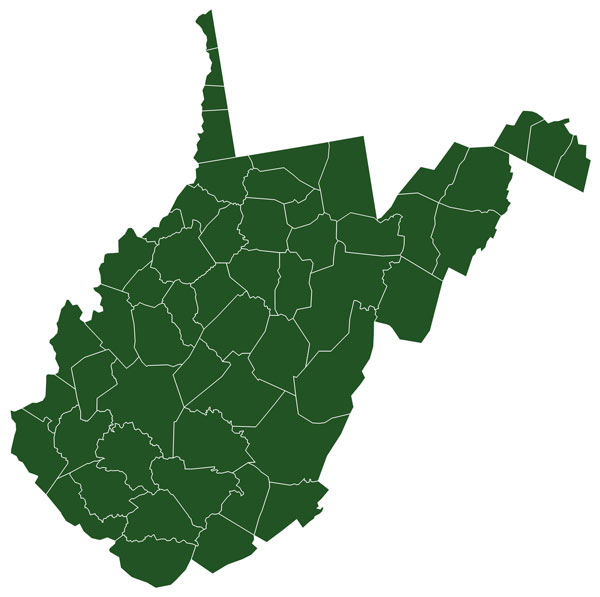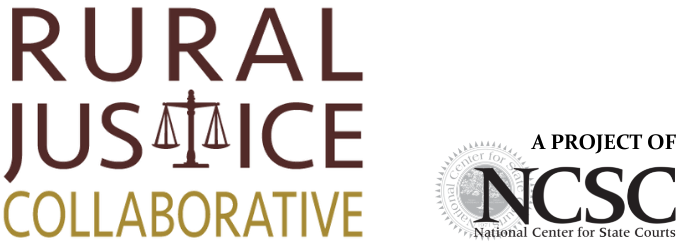West Virginia
Statewide
Legal Aid of West Virginia (LAWV) is committed to helping individuals affected by substance use achieve long-term recovery by reducing or removing legal barriers to safe housing, transportation, and employment. Below are strategies LAWV has implemented to serve the state's most rural areas.
Recovery Medical-Legal Partnership Program The Recovery Medical-Legal Partnership Program is a place-based initiative that embeds a legal team of attorneys and paralegals into Federally Qualified Health Centers (FQHCs) that provide medication-assisted treatment (MAT) to individuals recovering from substance use disorders. The program also works with recovery residences to provide legal aid. As part of the program, team members receive training on substance use disorders, trauma, and social determinants of health.
Jobs & Hope Project LAWV’s Jobs & Hope Project is a program that works in partnership with Jobs & Hope West Virginia, a statewide Labor Department initiative designed to fast-track people reentering from prison into employment and for people who are in recovery from a substance use disorder.
Universal SUD Focus LAWV has prioritized training their staff on substance use disorder cases, including training on driver's license reinstatement and expungement, which are now core competencies for advocacy staff in their twelve offices, each serving multiple rural counties. As part of the universal SUD commitment, the agency started a Barriers to Self-Sufficiency (BOSS) Task Force which develops internal training and tools to ensure advocacy staff have the training to effectively identify issues and work with people in recovery and reentry.
Partnerships with Community-Based Organizations Given the level of need and the limited number of advocacy staff employed, LAWV also works closely with a variety of rural partners to ensure they can (1) identify clients who could benefit from legal assistance such as help with an expungement, driver's license reinstatement, or discrimination cases; (2) send “warm hand-off" referrals to LAWV advocates; and (3) work with clients who may need follow up, such as collecting documents when needed for expungement and driver's license reinstatement.
